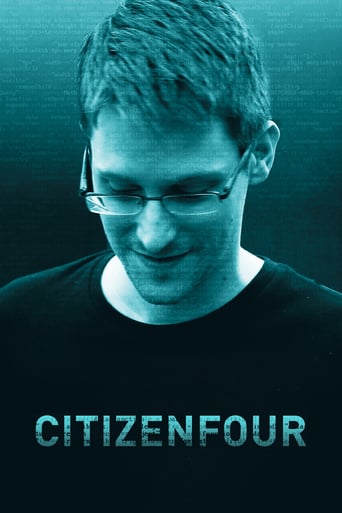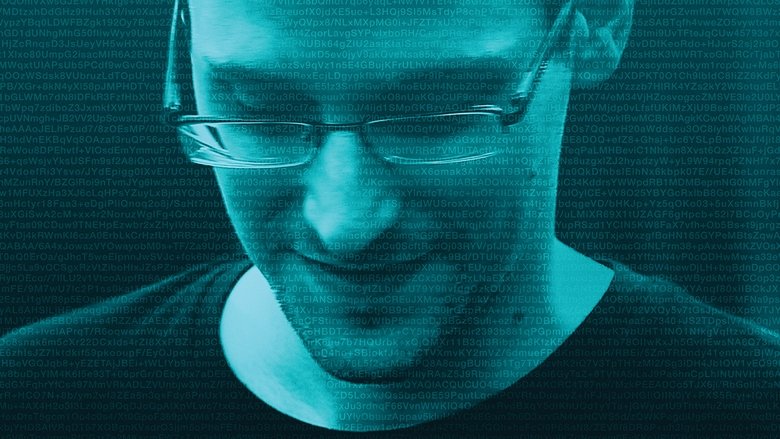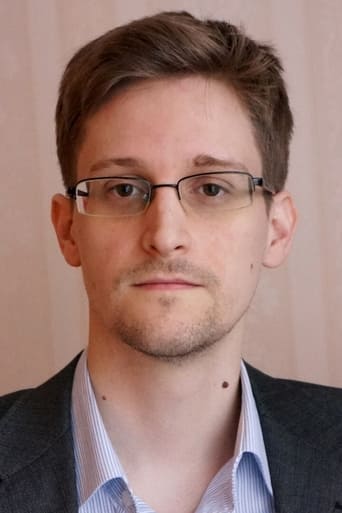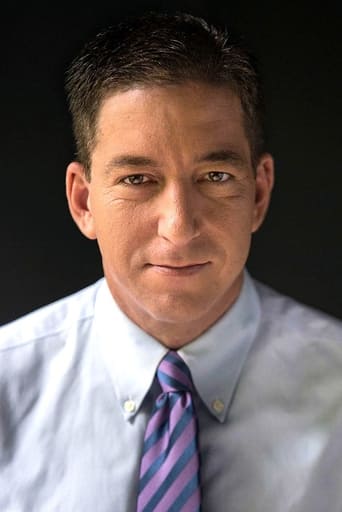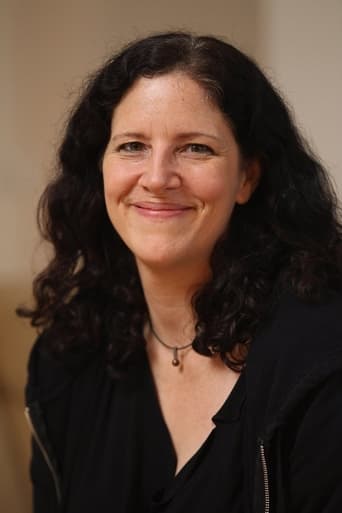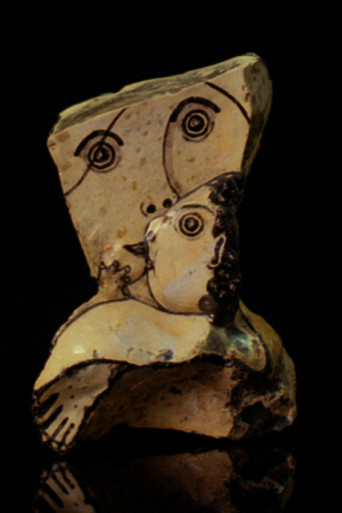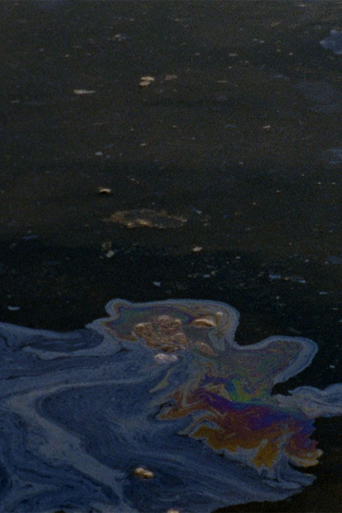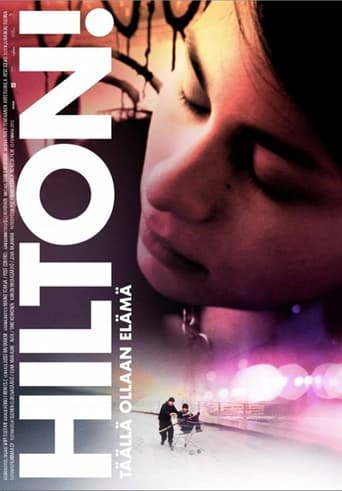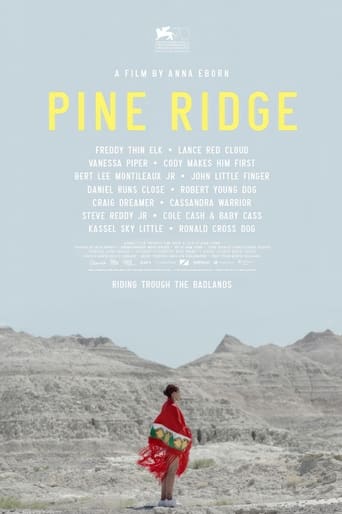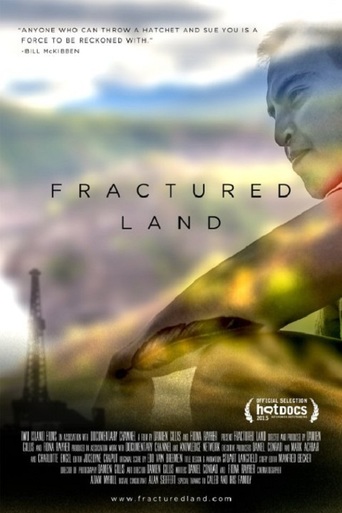Citizenfour (2014)
In June 2013, Laura Poitras and reporter Glenn Greenwald flew to Hong Kong for the first of many meetings with Edward Snowden. She brought her camera with her.
Watch Trailer
Cast


Similar titles
Reviews
Everyone who believes in the freedom of speech and the protection of individual privacy should make the viewing of this documentary a number one priority. Snowden has shown exceptional courage and foresight in doing what he did, which this footage amply displays. In addition all others involved (journalists etc.) should be commended on their contributions and courage.The conclusions that one is forced to draw about government surveillance after watching this are so chilling that I almost feel guilty writing what I am right now. But, if nothing else, this documentary will make you realise how important it is to stand up for your basic human rights.
Not since Daniel Ellsberg broke the extreme illegality of America's involvement of the Vietnam War with his release of the Pentagon Papers had any government contractor dared to defy their employers and made public huge government dissembling that affected the lives of every man, woman, and child living inside the boundaries of the United States. Just before the end of 2012, an individual who identified himself in e-mails as "Citizenfour" revealed to documentary filmmaker Laura Poitras all-too-convincing evidence that the U.S. intelligence complex, including the Central Intelligence Agency, the National Security Agency, and most of the major communications conglomerates, were engaged in mass surveillance against the nation's own people in the years and decades following the terrorist attacks of September 11, 2001. As it turned out, "Citizenfour" would be identified as Edward Joseph Snowden. In June 2013, Poitras and noted journalist Glenn Greenwald interviewed Snowden at a high-rise hotel in Hong Kong in which he revealed the first huge batch of what he knew. The end result was Snowden becoming one of the most wanted men in history. What also resulted was the Oscar-winning, and disturbing, 2014 documentary CITIZENFOUR.Poitras had already done two documentaries (2006's MY COUNTRY, MY COUNTRY; 2010's THE OATH) that touched on post-9/11 America; and CITIZENFOUR expands on those two films to focus on what the deaths of nearly 3,000 people on that dark late summer day in 2001 unleashed in the bowels of the intelligence community inside the United States. Poitras, along with Greenwald and MacAskill (the last two of whom worked at the British newspaper The Guardian) went and interviewed Snowden in Hong Kong; and a lot of that interview involves Snowden's chillingly detailed information about how every branch of the intelligence community, and their contractors, including the one (Booz Allen) that Snowden had worked for, used its expertise to monitor the activities of everyone at practically every second of their public and online lives during the day. The revelations that Snowden allowed Greenwald to make public turned out to be every bit as explosive in the media and to the American public as advertised, and then some. Not surprisingly, the kind of paranoia that developed among the three of them in that tenth floor Hong Kong hotel room was extraordinary. And once the first revelations were made public, Snowden was charged with three crimes, two under the U.S. Espionage Act of 1917, basically putting him in the crosshairs of the entire United States government, which was shamed by his revelations, and making him a target for the ultimate charge of Treason.The revelations that Snowden makes to Poitras, Greenwald, and MacAskill (which director Oliver Stone dramatized in his 2016 film SNOWDEN) in his Hong Kong hotel room, along with the e-mail messages he delivers to Poitras and Greenwald while on the run, reveal a great deal about the things the United States government has been doing, to a great degree because of electronic encryption software that was of Snowden's own design, to track the movements of every American citizen possible. It is likely that Snowden first identified himself to Poitras as "Citizenfour" because of his concerns about how the massive bulk-collection program being carried out violates the Fourth Amendment of the Constitution. This amendment guarantees that the government cannot search and seize a person or his property without proper cause; but the Patriot Act, signed into law just after 9/11 by then-president George W. Bush after being passed by a Congress that read not one single page of it, basically superseded it (with the acquiescence of a fearful American public) in the name of National Security. In essence, both CITIZENFOUR, and, two years later, SNOWDEN seem not only to indict Bush and, later, Obama in this whole scandal, but to a fair extent We The People in the bargain.The years following the 9/11 attacks saw a huge explosion in the number of feature-length documentaries being made, including Michael Moore's infamous FAHRENHEIT 9/11, and more sober ones like Eugene Jarecki's WHY WE FIGHT, and Charles Ferguson's NO END IN SIGHT. CITIZENFOUR, whose Oscar win in 2014 was richly justified, should be considered another essential addition to the number of films which speak the truth against government power and overreach. It is as darkly spooky as any fictional high-tech espionage thriller, like MINORITY REPORT or THE OSTERMAN WEEKEND, and thanks to its being based on contemporary events, every bit as scary.
A fascinating and amazing story about lengths a government will go to know everything and deny they are doing it ("...we were lying for national security reasons") but I wonder how many people will watch this documentary twice. The problem I found with Laura Poitras's film is that the subject isn't really visual. This would have been a wonderful long forme article in the New Yorker, Atlantic or Vanity Fair where copy editors knock it into shape to make every word count. Thankfully there is no print equivalent of out of focus camera work, visual padding with no commentary, white noise background sound (prevalent at the start of the film) or sloppy filming of three men, in a Hong Kong hotel, discussing how to leak secrets. It could all have been summed up in a few thousand words and two or three photos in a magazine.
Excellent documentary and important viewing for anyone who wants to have a more informed perspective on the extent to which we are being monitored in post-9/11 America. My only complaint has to do with the extensive text which sometimes appears on-screen. Many of these sentences convey information that is critical to the story, and yet the production team decided to use a font that is so small that it's virtually impossible to read on a television. In those passages there is no voice-over, so there's no way to get the information but to read it off the screen. I had to get up from my seat and stand right in front of the screen to read it. Given that the majority of the people who see this film will see it on TV, in my opinion the producers made a bad mistake by making the font so small.Still one of the better documentaries I've ever seen.

